Bureaucracy and social harmony are inversely proportional to each other
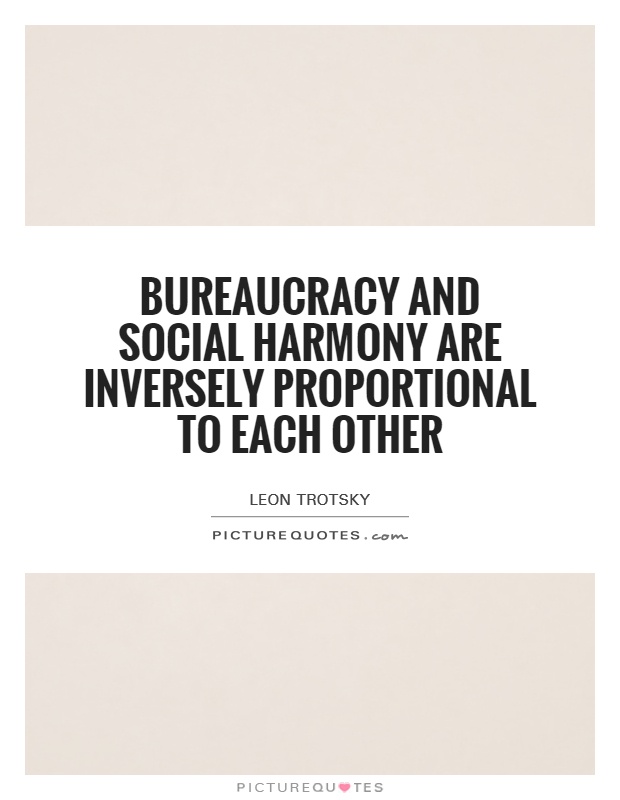
Bureaucracy and social harmony are inversely proportional to each other
Leon Trotsky, a key figure in the Russian Revolution and a prominent Marxist theorist, believed that bureaucracy and social harmony are inversely proportional to each other. Trotsky's views on bureaucracy were shaped by his experiences within the Soviet government, where he witnessed firsthand the negative effects of a bloated bureaucratic system on the functioning of society.Trotsky argued that as bureaucracy grows within a government or organization, it becomes increasingly detached from the needs and desires of the people it is meant to serve. Bureaucrats, he believed, are more concerned with maintaining their own power and privileges than with addressing the concerns of the population. This disconnect between the rulers and the ruled leads to a breakdown in social harmony, as the interests of the ruling class diverge from those of the working class.
In the context of Trotsky's own experiences in the Soviet Union, he saw how the growth of bureaucracy under Stalin's rule led to a stifling of dissent and a suppression of individual freedoms. The Soviet government became increasingly authoritarian and repressive, with a vast bureaucracy that controlled every aspect of people's lives. This top-down approach to governance created a climate of fear and mistrust, where citizens were afraid to speak out against the government for fear of reprisals.
Trotsky believed that true social harmony could only be achieved through a more democratic and participatory form of government, where power was decentralized and decision-making was shared among the people. He argued for the establishment of workers' councils, or soviets, as a way to give ordinary citizens a voice in the running of society. By empowering the working class to take control of their own destinies, Trotsky believed that social harmony could be restored and bureaucracy could be kept in check.
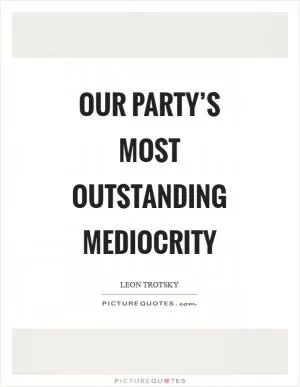

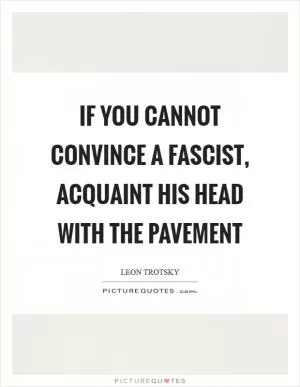
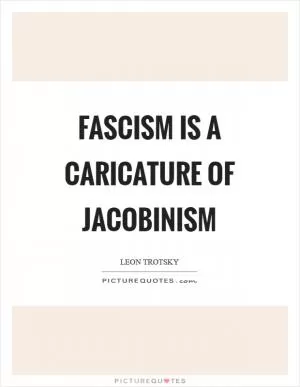
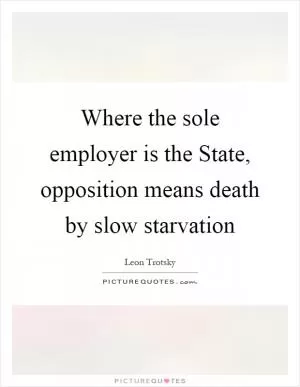
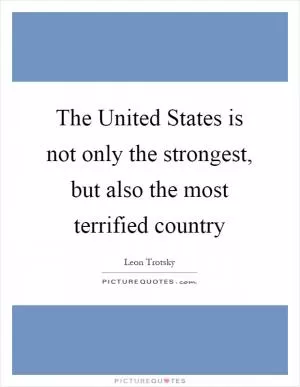
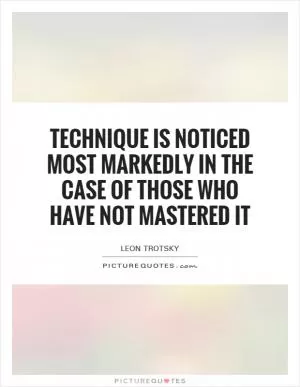


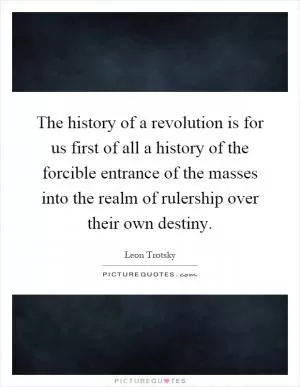
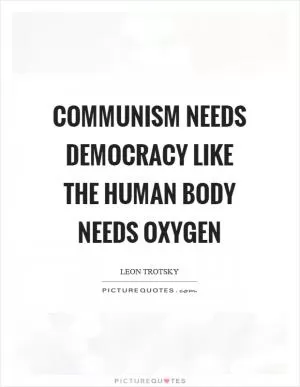

 Friendship Quotes
Friendship Quotes Love Quotes
Love Quotes Life Quotes
Life Quotes Funny Quotes
Funny Quotes Motivational Quotes
Motivational Quotes Inspirational Quotes
Inspirational Quotes